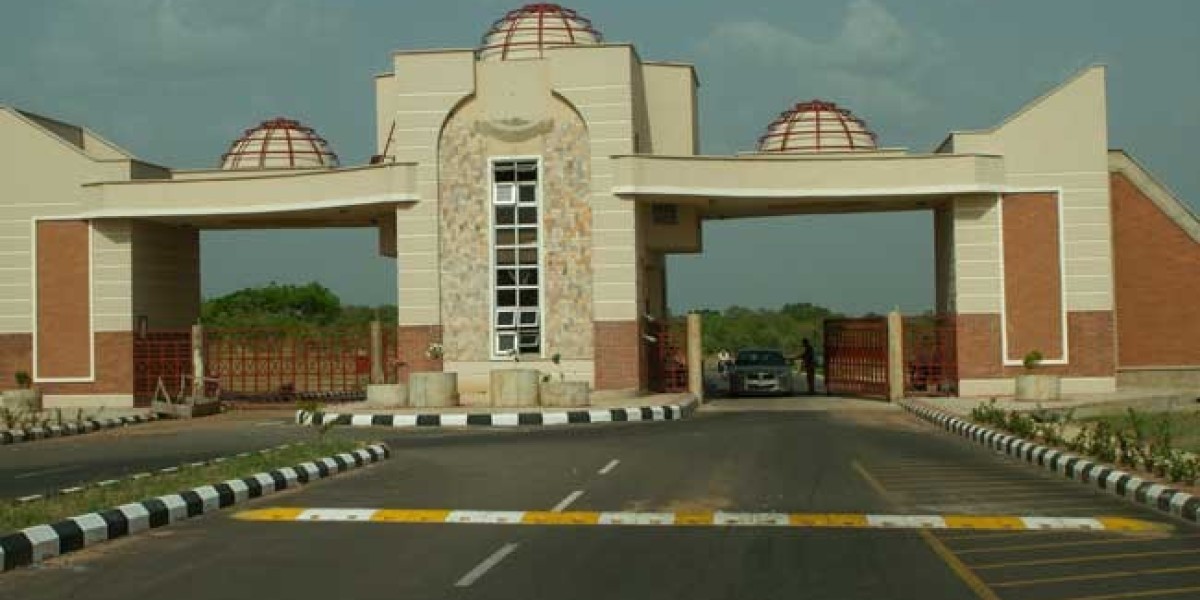The Federal Government has successfully implemented an e-border solution across 40% of Nigeria’s borders as part of its efforts to enhance national security and border management.
Minister of Interior, Olubunmi Tunji-Ojo, made this disclosure in Abuja during a media briefing and interactive session on Tuesday. He emphasized that the initiative aims to improve the security of lives and property in Nigeria through advanced border monitoring technologies.
According to Tunji-Ojo, a well-secured border is crucial for national safety. To support the e-border system, newly acquired vehicles have also been deployed to boost border surveillance.
“Nigeria Immigration Service (NIS) is more than just a travel document-issuing agency. We have redefined its core mandate to focus on migration management and border control,” he stated.
He further revealed that the first phase of the e-border system has been fully completed, covering 40% of the project’s scope. The second phase is expected to commence later this year.
Additionally, the government has introduced the e-gate system at airports, streamlining traveler entry processes. “If you’ve traveled into Abuja in the last two months, you would have noticed that things have changed. The e-gate is fully operational in Abuja and has also been installed in Lagos,” he noted.
Tunji-Ojo also highlighted Nigeria’s adoption of the Advance Passenger Information (API) and Passenger Name Records (PNR) systems to improve traveler identification and border security. With the new command and control, technology, and innovation center at the NIS headquarters, authorities now have real-time monitoring of land borders and all entry points.
In a bid to unify the visa approval process, the federal government has established a Visa Approval Centre in Abuja, replacing the previous decentralized system that allowed visa issuance abroad without centralized oversight.
“We were running two visa regimes—manual visas in some countries and biometric visas in others. This led to inconsistencies. Now, all visa applications will be approved centrally in Abuja,” he explained.
The government’s commitment to modernizing border security through technological innovations is expected to enhance national security and streamline immigration processes across the country.
Channelstv



